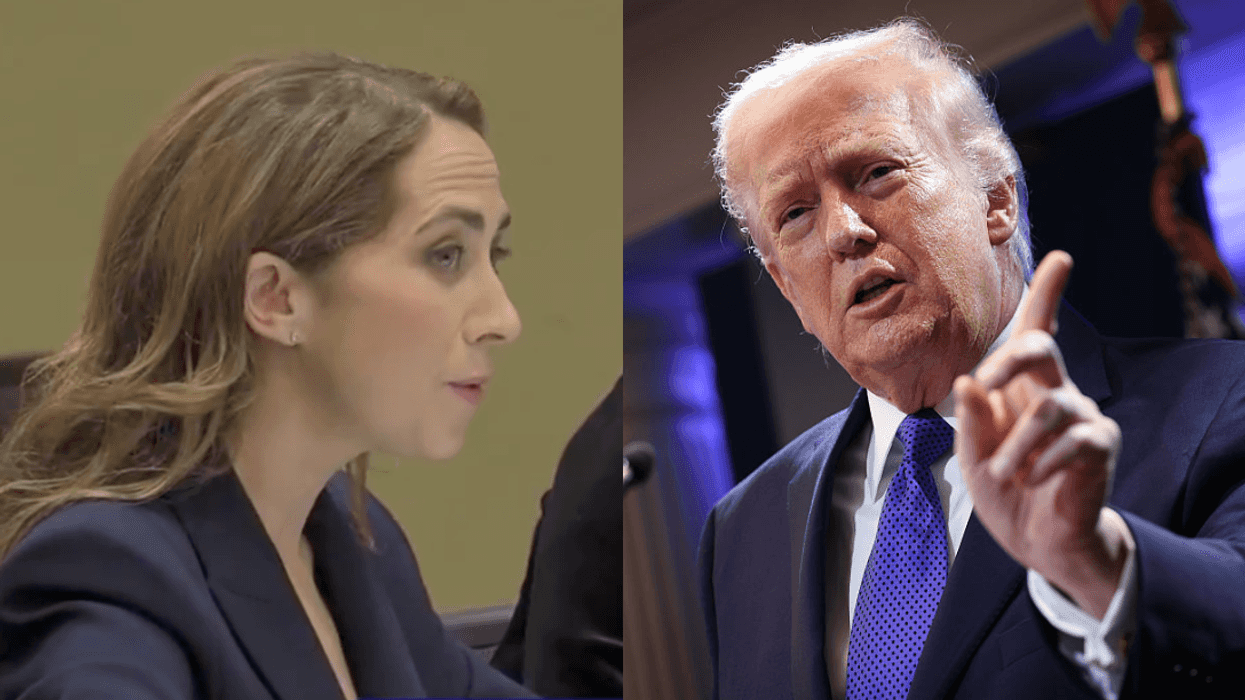Jared Patterson, a Republican who serves as a member of the Texas House of Representatives from the 106th district, was sharply criticized after he suggested that minors should be banned from using social media platforms to prevent mass shootings from taking place.
After the Texas Public Policy Foundation, a conservative think tank, published a tweet in which it suggested that Texas "could have an opportunity to be the national leader on the issue of child online safety" by banning minors from using social media platforms, Patterson responded with a vigorous endorsement.
He announced that he will "be introducing legislation next session to ban minors from using social media," adding that it is "long past time to recognize the incredible harm social media is doing to the mental health of young Texans."
Patterson's announcement came after the Texas Public Policy Foundation published a paper calling for such a ban. Patterson also earlier shared an article from Fox News that quotes Tre Pennie, the President of the National Fallen Officer Foundation, suggesting that social media companies should share "worrisome content" with police.
Pennie told Fox News personality Sean Hannity that social media companies "are not even sharing information with law enforcement" even though "we know that these indicators are out here with these mass shooters."
Pennie said social media companies are putting law enforcement in a position where "we don't get the information before the attack occurs," and that "there's no way that we can intervene to stop the attacks from even happening."
Patterson later told news outlet The Texan that such a move would be necessary to increasing public safety:
“Over the years, Texas has taken steps to improve the physical health and safety of young people. Examples include precluding them from purchasing firearms, alcohol and tobacco, or requiring car seats, booster seats and even seat belts.”
“It’s past time we treat mental health as seriously as physical health. From the conversations I’ve had with school officials in recent weeks, I’ve come to better understand the mental health threat social media imposes on our youth."
"I look forward to having the open conversation with my constituents and my colleagues next session about raising the minimum age for social media from 13 years old to 18 years old.”
But many have criticized Patterson's proposal, saying that it would socially isolate teenagers, particularly those living in difficult situations, such as young rape victims who are being forced to keep their pregnancies after Texas enacted a highly restrictive abortion ban as soon as the Supreme Court overturned Roe v. Wade, the 1973 landmark decision that once protected a person's right to choose reproductive healthcare without excessive government restriction.
Others have suggested that such a move would not actually address the matter of gun violence, especially in a state like Texas, which has among the least restrictive gun laws in the nation.
Texas has previously been in the crosshairs of national policy regarding social media platforms.
In May, the Supreme Court blocked a law that would have prohibited large social media companies from banning users for their “political viewpoints,” a victory for Republicans who have accused them of stifling conservative thought on social media platforms.
Critics of the law said it did not respect the constitutional right of private businesses to regulate the content they allow on their platforms.

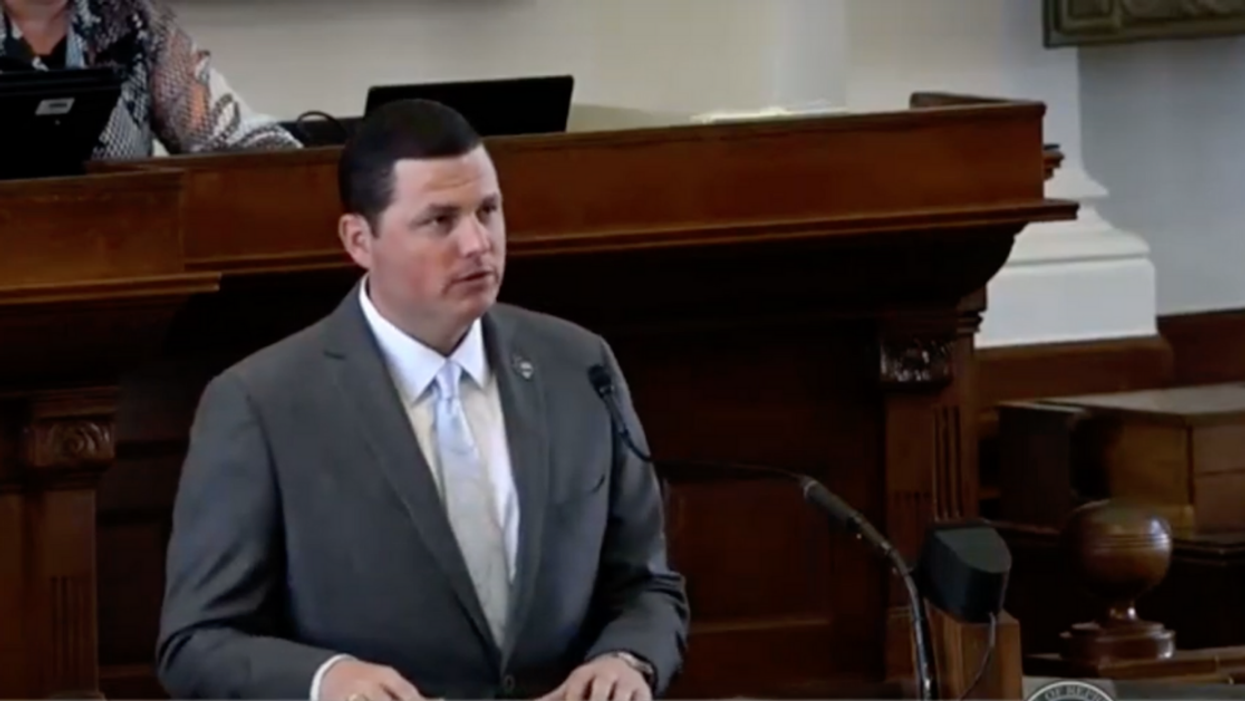

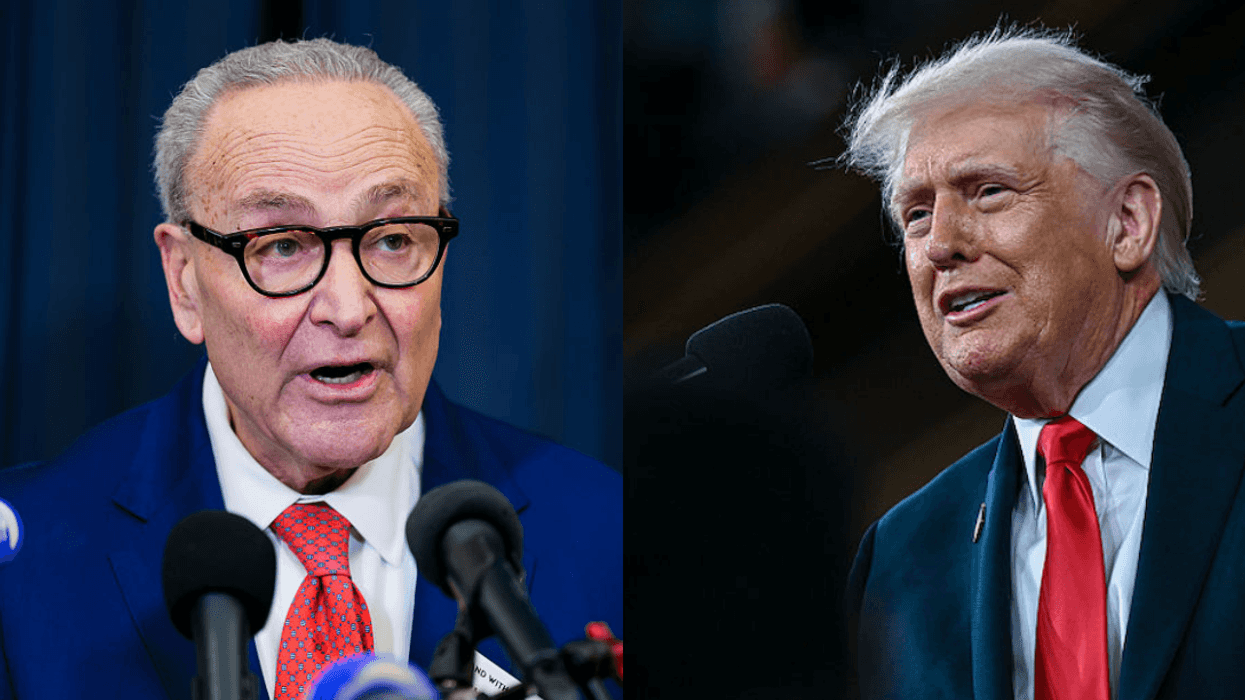

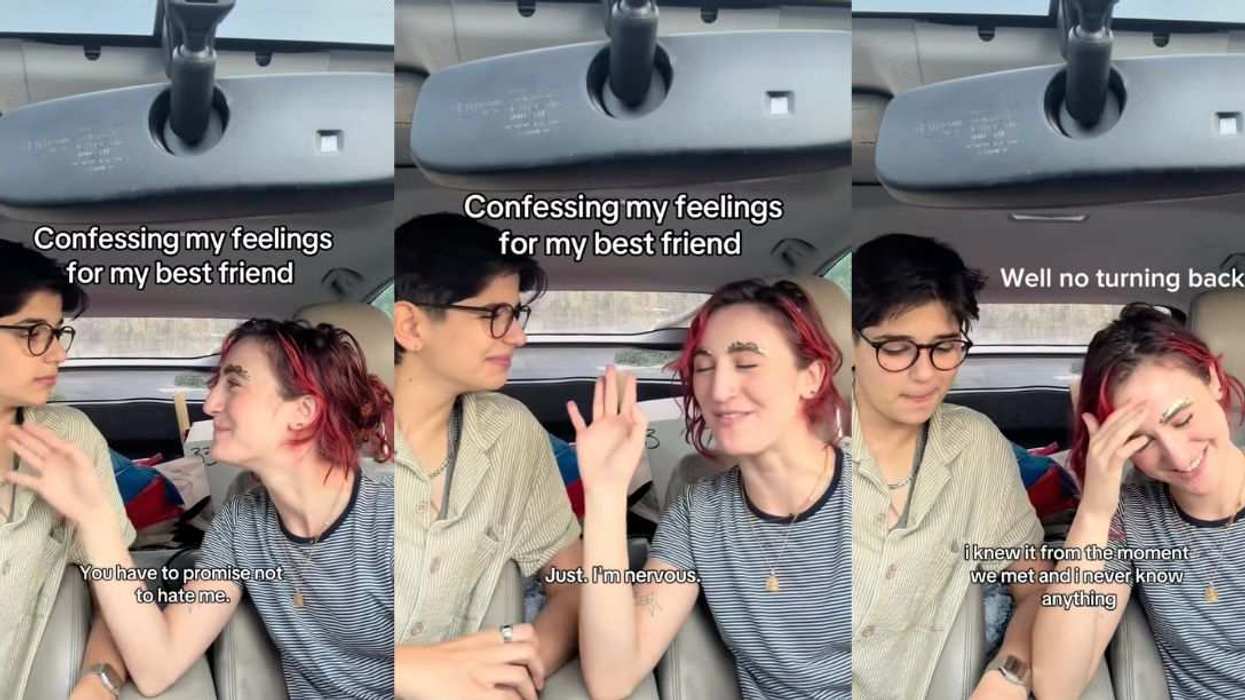
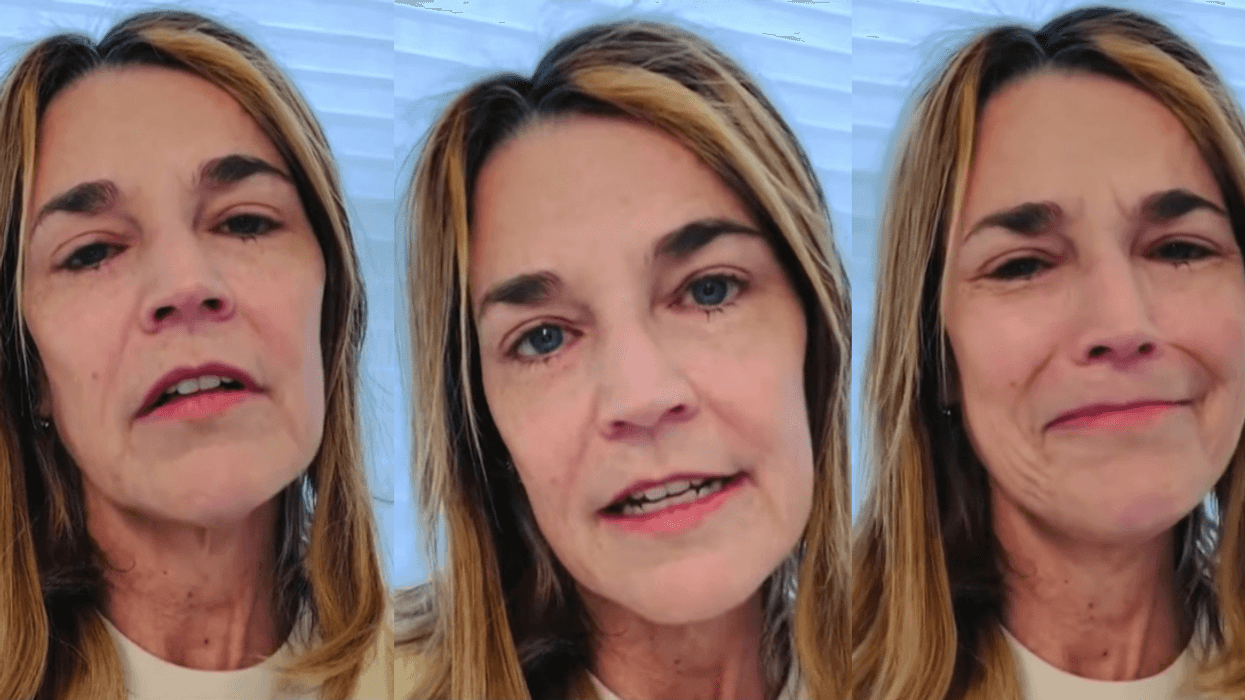

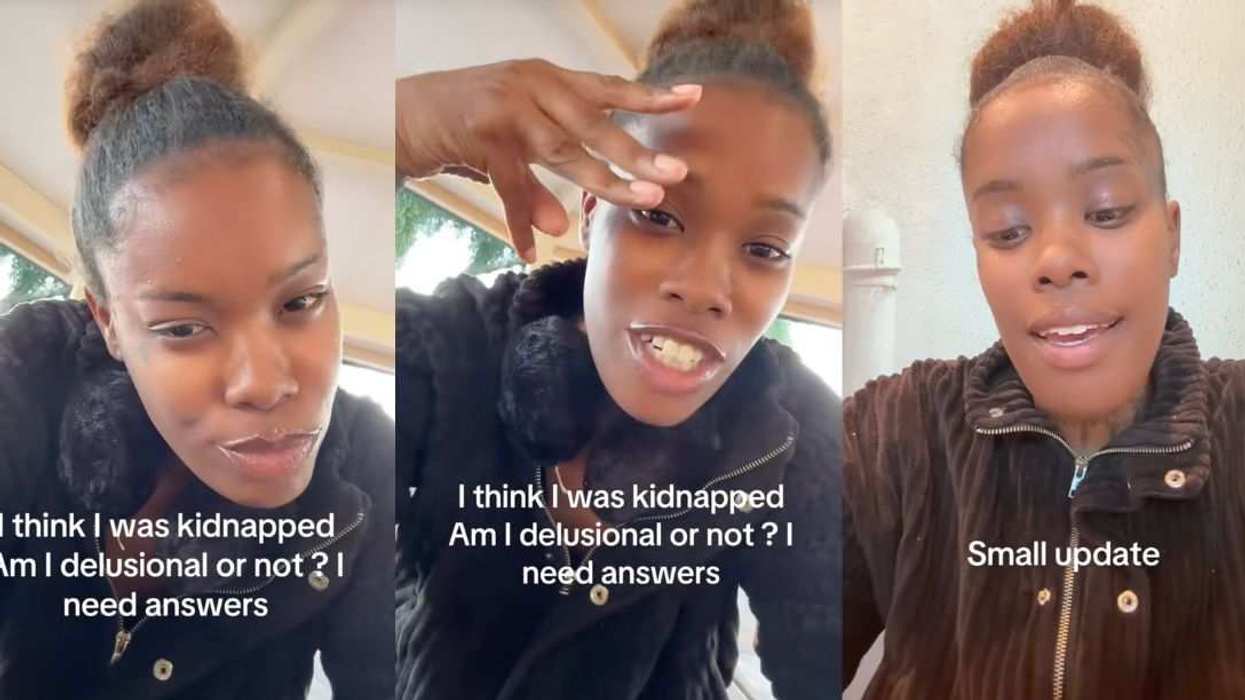




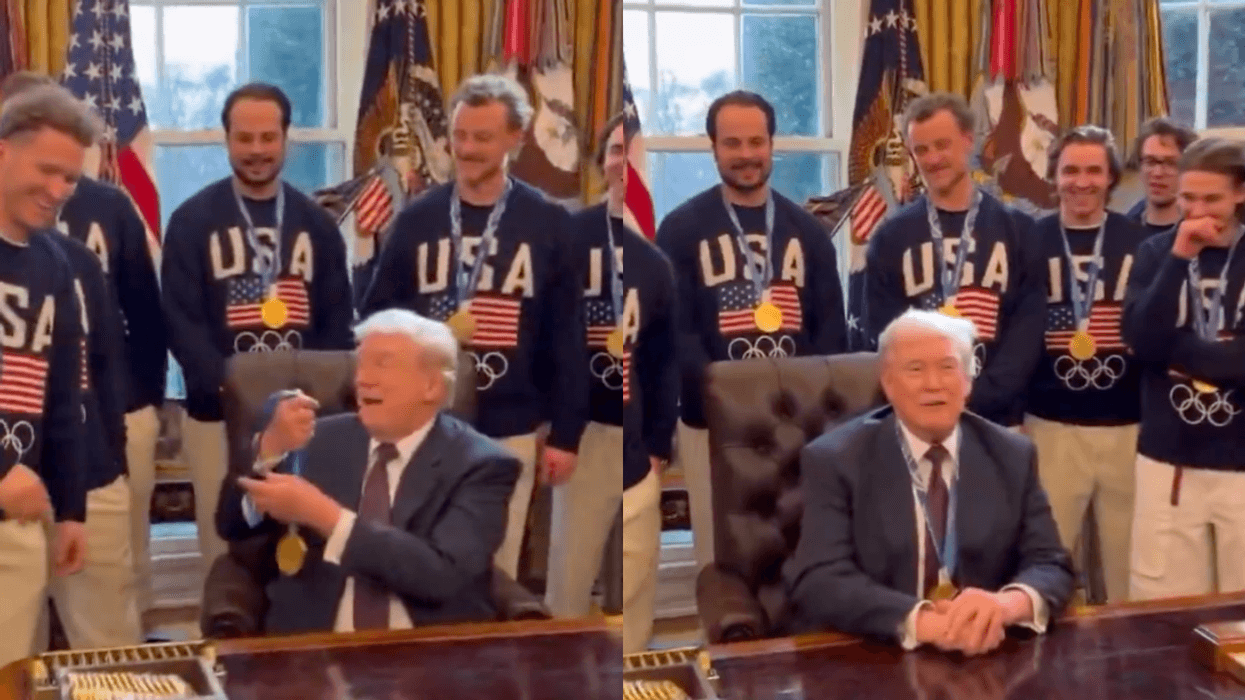
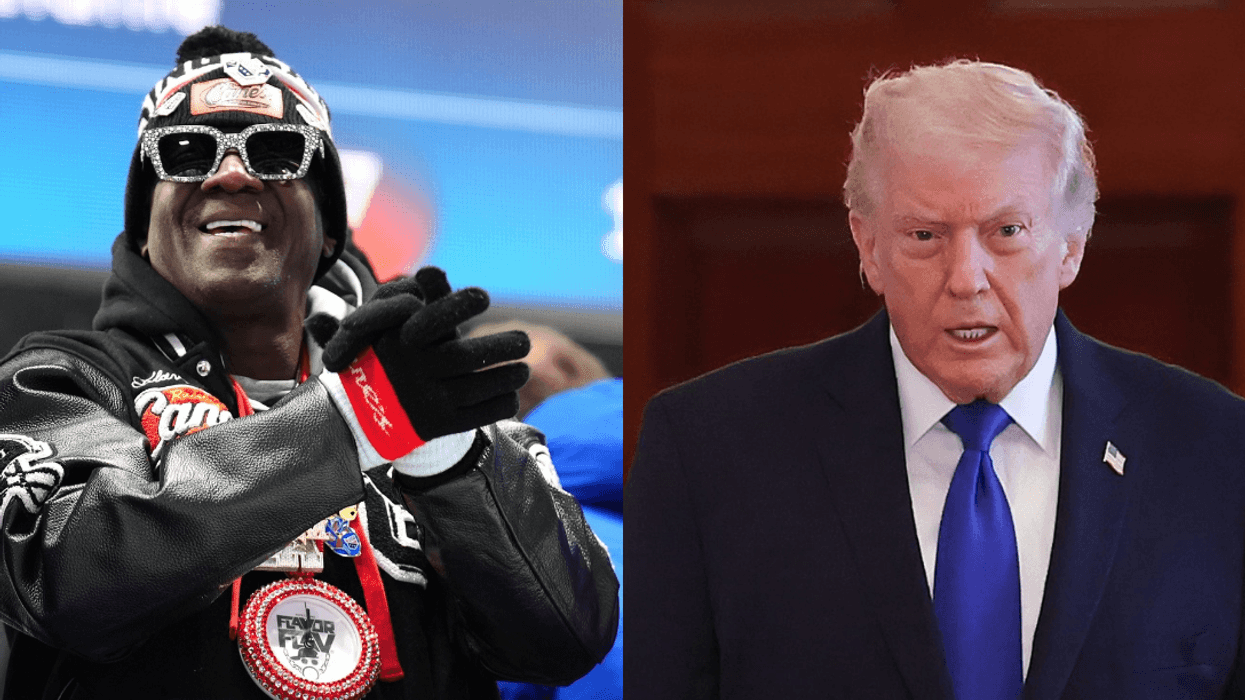
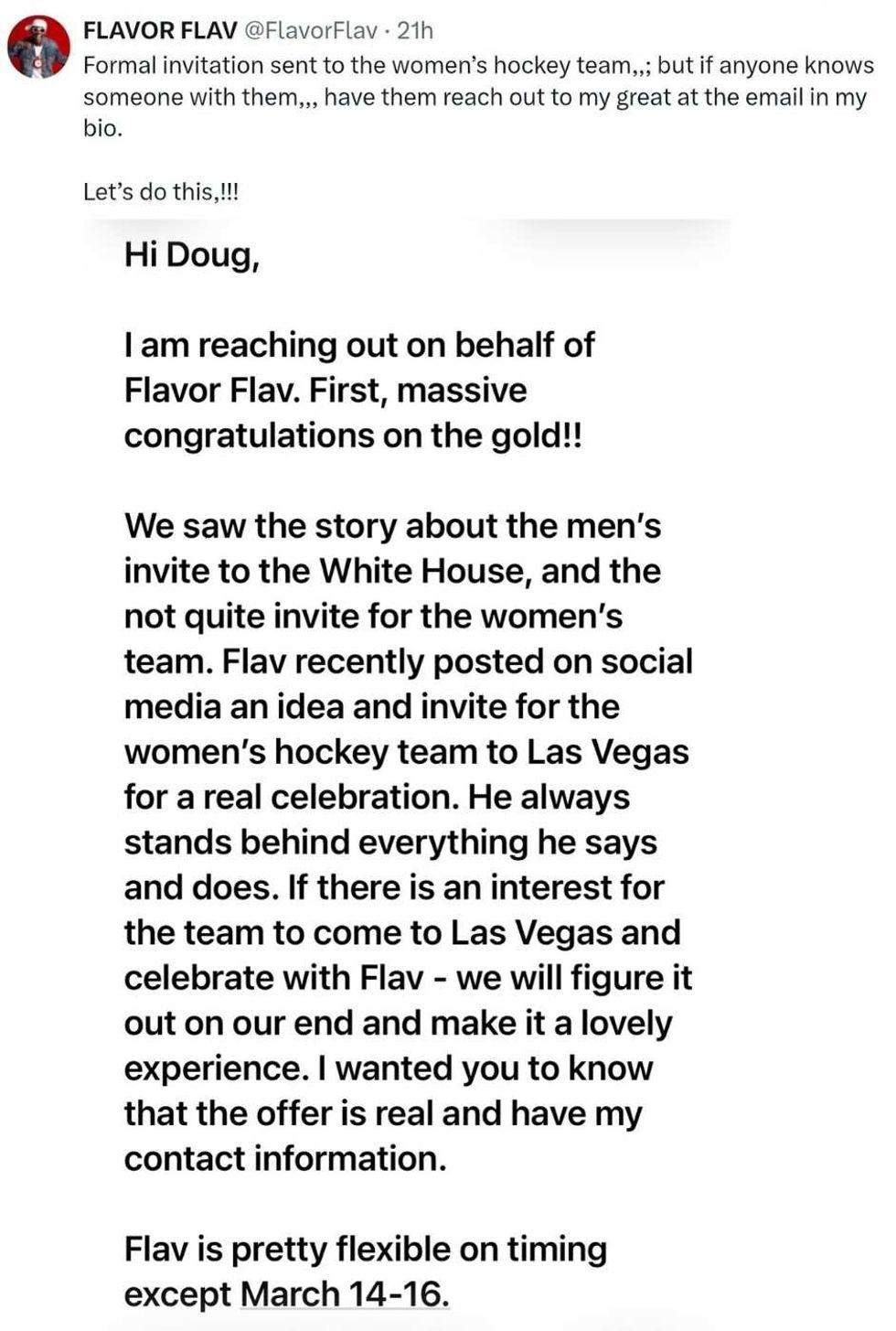 @FlavorFlav/X
@FlavorFlav/X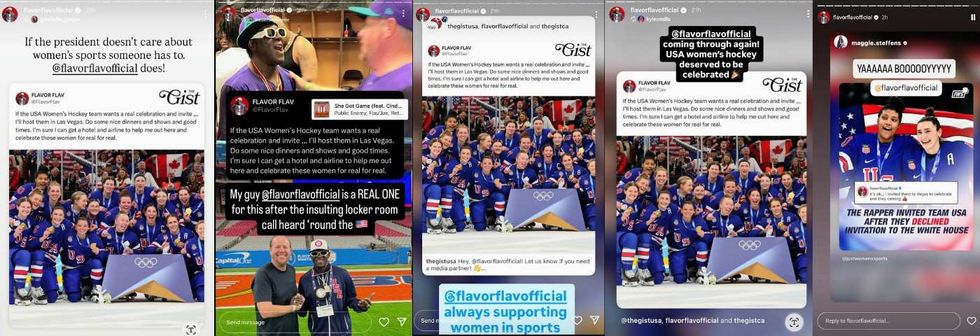 @flavorflavofficial/Instagram
@flavorflavofficial/Instagram @flavorflavofficial/Instagram
@flavorflavofficial/Instagram
